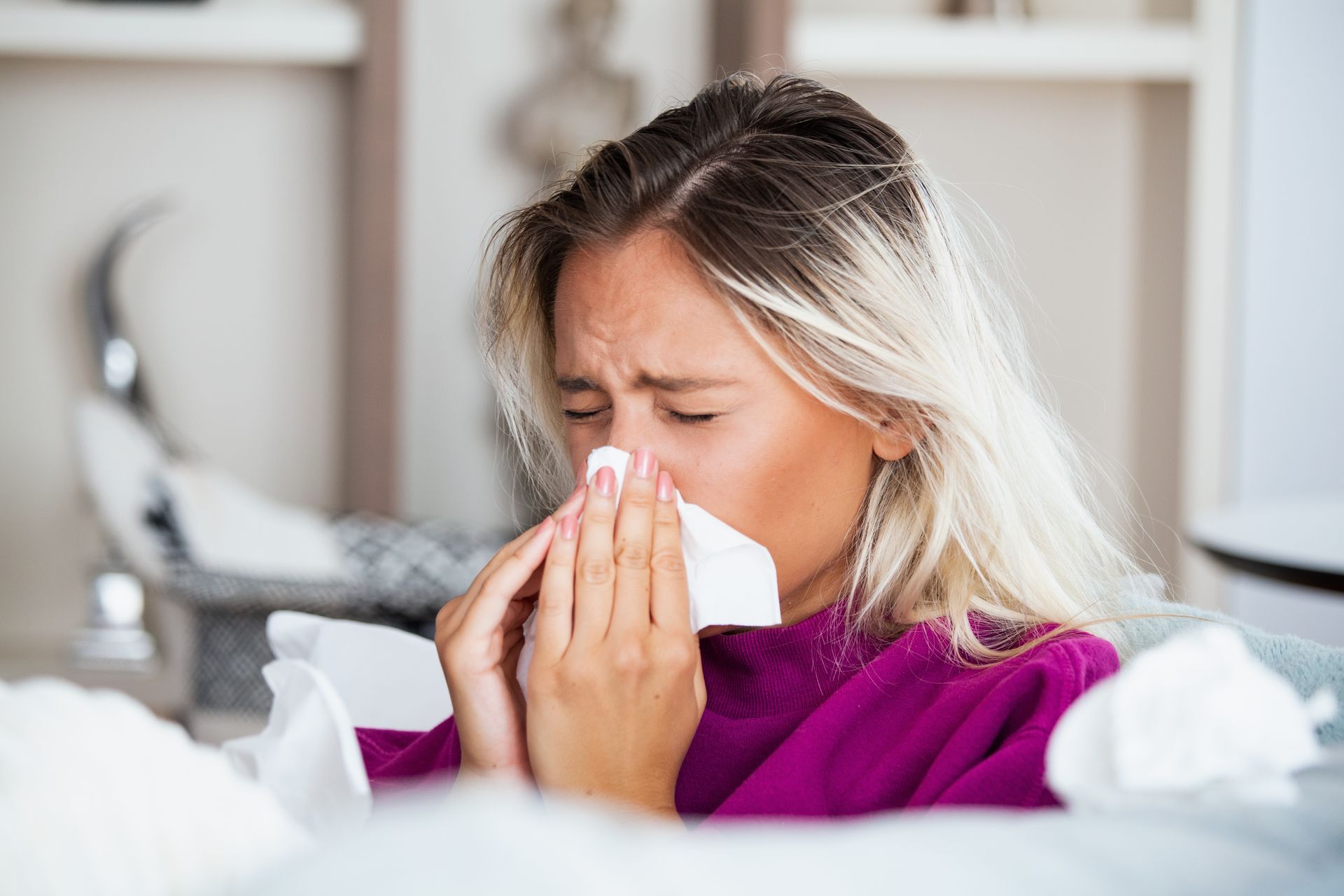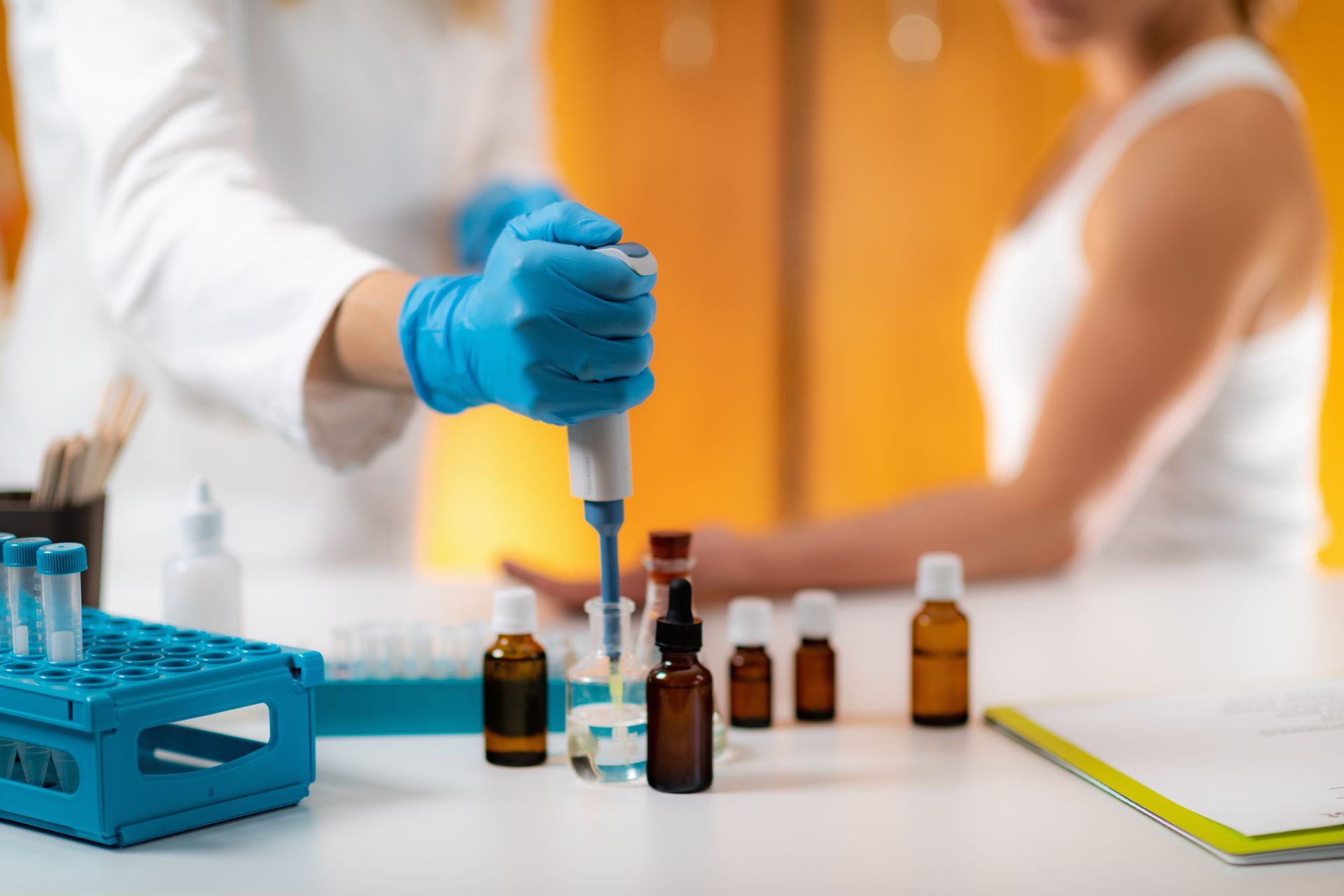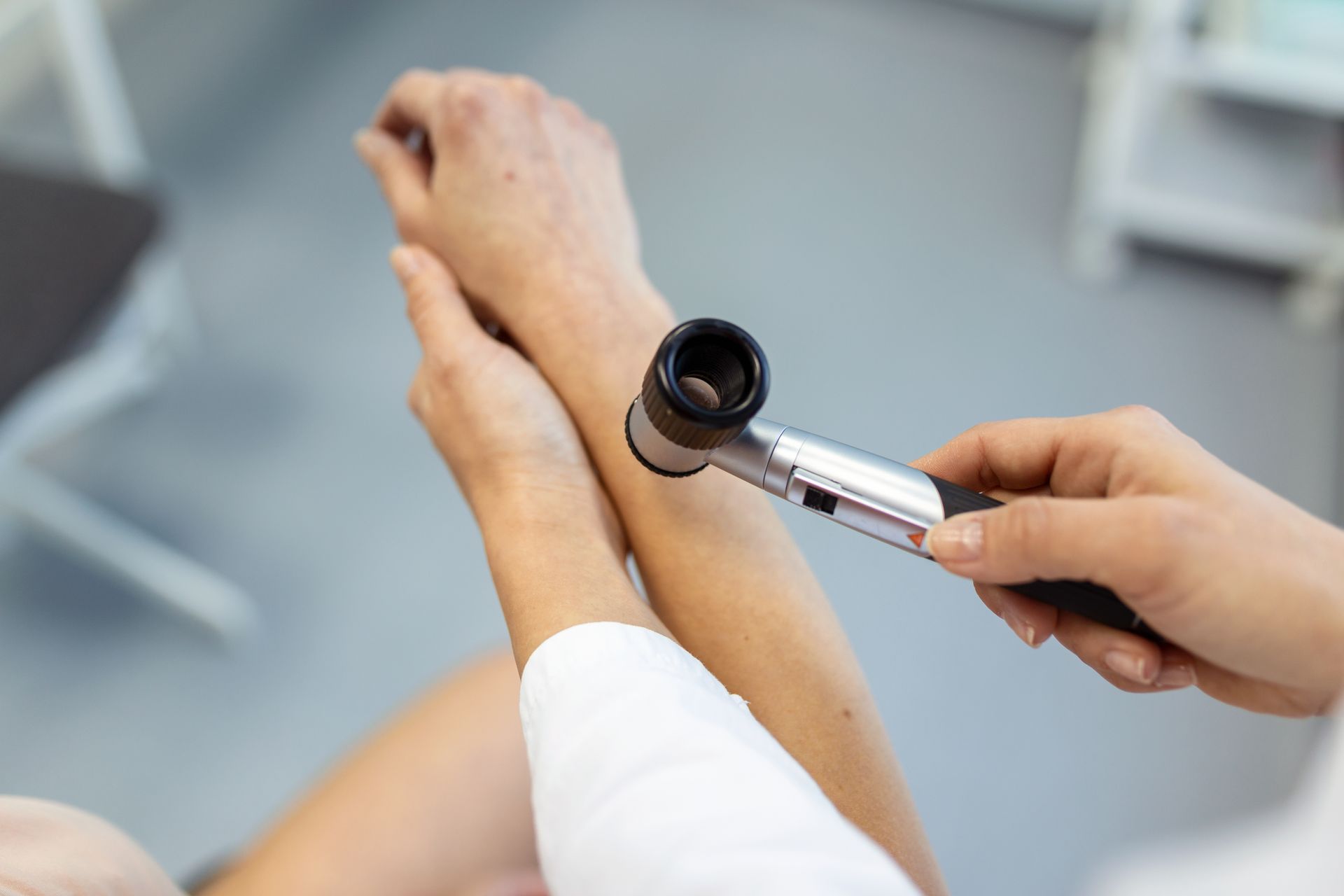Allergy Testing Taunton & Norwood MA
Allergy Testing: The Key To Treating Your Allergies
Many medical conditions can mimic allergies, so it is important to determine if allergens are responsible for your symptoms. The most common allergy test is the skin test or prick test.
During the test, small amounts of natural allergens are applied to the skin by pricking or by injecting a small amount under the skin. The range of commonly tested allergens includes:
Grasses.
Trees.
Weeds & Ragweed.
Animals.
Foods.
Dust.
Mold.
Your skin is then evaluated for reactions. A positive sign looks like a mosquito bite.
You can drive and return to work or school after the test is complete.
Preparing for allergy testing
Please wear a short sleeved shirt to your appointment as most allergy testing can be done on the arms.
Please stop taking any antihistamines (such as Benadryl, Claritin, Allegra or Zyrtec) at least three days prior to your appointment. Antihistamines can affect the accuracy of the test. If you are unsure about a certain medication, please call the office before your appointment.
Continue to take your asthma medication and all other medications.
Allergy Testing FAQs
The following information will likely address most of your questions about allergy testing. If you have further questions, please call the office at 508-880-3121.
-
Does everyone get allergy tested?
No. For some medical problems, allergy testing is unnecessary or may need to be postponed. After the doctor talks with you about your problems and examines you, we will discuss with you what, if any, testing is necessary. Of course, you can always decide not to be allergy tested.
-
How do I prepare for allergy testing?
Please stop taking any antihistamines (such as Benadryl, Claritin, Allegra or Zyrtec) at least three days prior to your appointment. Antihistamines can affect the accuracy of the test. If you are unsure about a certain medication, please call the office before your appointment.
Continue to take your asthma medication and all other medications. You can continue your normal diet before and after testing.
-
How long does an allergy test take?
A skin test can be performed in the office and read within about two hours. You will get your results the same day. A blood test takes one to two weeks.
-
Can children be allergy tested?
Yes. In our office the testing procedure and the number of tests performed on a child are different than the testing done on an adult. Rest assured, however, that you, the parent, will decide when and if your child will be allergy tested.
- How young can a child be seen for allergies or asthma?
Because Drs. Accetta, Pedersen and Solomon were pediatricians before they became allergists, all three of them are quite comfortable caring for children of all ages. Therefore, the time to see an allergist is when it is needed, rather than at any specific age.
- How old does a child need to be before allergy testing can be done?
Despite what you may have been told, allergy testing can even be done on infants if it is medically necessary.
-
What is the difference between a skin test and a blood test for allergies?
The skin test can be read almost immediately in the office, while the blood test must be analyzed by a lab. Perhaps surprisingly, skin tests are more accurate. Blood tests are more expensive and are not always covered by insurance.
-
Does an allergy test hurt?
Allergy tests can cause some mild discomfort, but is not painful. Most people find that their fear of the test is worse than the reality. The helpful information provided by the test and potential for long-term relief is well worth the momentary discomfort.
Get Allergy and Asthma Relief Today
Board Certified Allergists Serving Both Children & Adults
WHAT OUR PATIENTS SAY
- Norwood Location
- Taunton Location
Allergy & Asthma Care is a thriving allergy and asthma specialty practice with offices in Taunton and Norwood MA. For over 30 years, the office has been serving children and adults in southeastern Massachusetts.
Norwood Location:
115 Norwood Park South, Suite 214, Norwood 02062
Phone:




